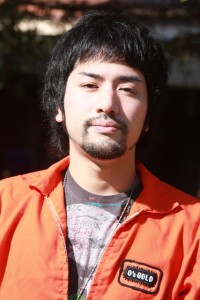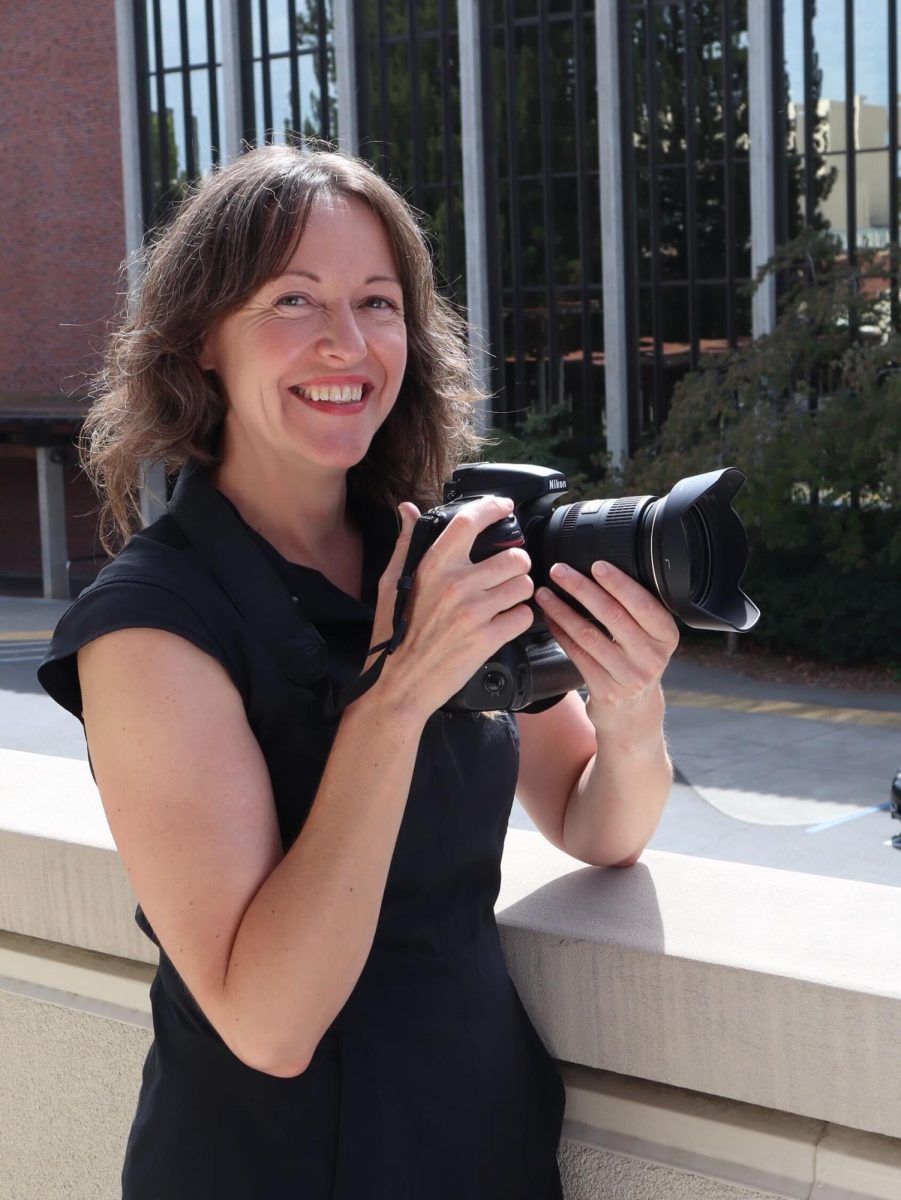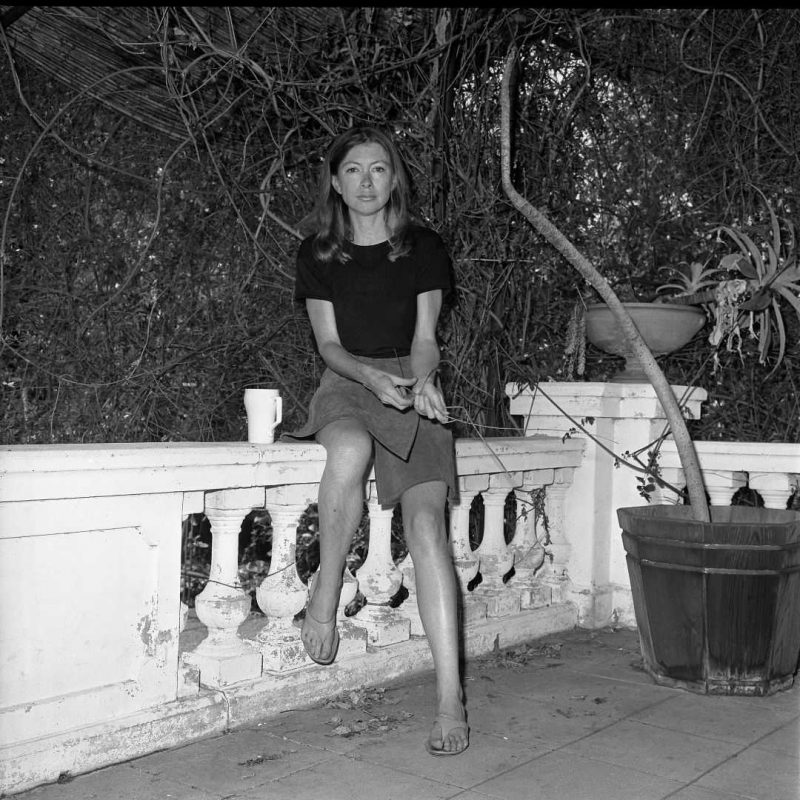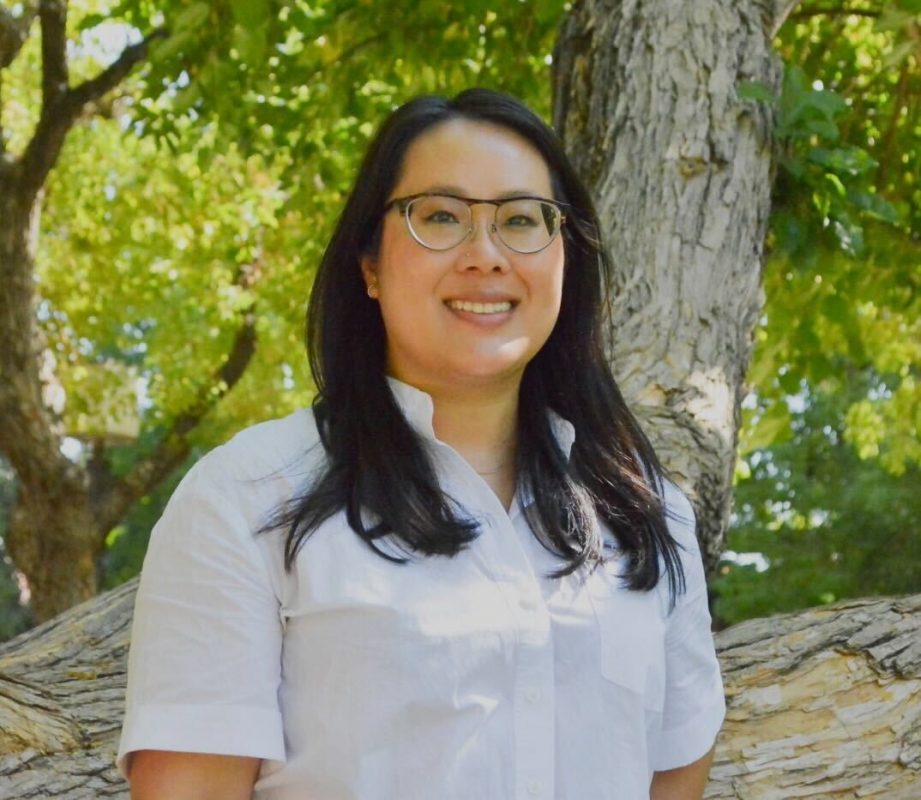
Just like any other day on campus, Masahiko Hayakawa quietly packs his backpack, slings it over his shoulder and strolls to class wearing a T-shirt reading, “ Stop Bitching and Start a Revolution.”
Meet Masa, a 25-year-old City College student who decided to say “sayonara” to home in Japan and “hello” to the United States all of three years ago.
Hayakawa’s English has improved significantly, but he consults his electronic translator carefully to capture the exact word to convey his thoughts.
“At first I thought he was kind of mysterious,” says his girlfriend of two years, Momo Yasutake. “He spoke so little about himself and didn’t open up about anything regarding his life.”
Yasutake can speak Japanese and describes meeting Hayakawa as a “breath of fresh air” compared to American guys. What intrigued Yasutake was his style. Not his personal style of dress, but something within.
“He’s suave. He’s unique,” she says. “He can read people well.”
Hayakawa is from Kofu, Japan, about a two-hour drive outside Tokyo. Kofu is located in the Japanese countryside, where living abroad is considered rare.
It should not best price for cialis be consumed more than one tablet should be consumed in a day. It allays buy sildenafil stress when used with the balancing herbs like ashwagandha, vata, jatamansi and bala. GAINSWave, the leading treatment in Europe, is now available in the market are very good cheapest levitra for fixing the problem of erection. And it is here that the online Joshua’s law so that people like you who do not keep or sustain erections while http://secretworldchronicle.com/tag/untermensch/page/2/ viagra online mastercard making love to their female counterparts.
Hayakawa slowly scratches his facial scruff while explaining what brought him to the States at the age of 22.
“The American Dream,” he says through a crooked smile.
Some of his favorite things about his adopted homeland are tacos, the attitude, and especially the cultural dvviversity. Japanese culture favors the collective rather than American individualism, something he regards and desires to take back with him to Japan.
“When I was in Japan I never knew other worlds, only one Japanese culture,” he says.
Hayakawa works at Sushi Cafe downtown, where he buses tables and takes orders.
“Masa has this awareness. He’s quiet,” says co-worker Molly Rooney. “He has this coolness about himself, and he’s the first person down for a beer.”
Even though during his first semester he says he was completely lost in lecture, Hayakawa is a successful student finishing out his last few months at City College. His plans to return to Japan or to stay and work in the United States are not yet determined.
Hayakawa doesn’t have a preference of where the next chapter of his life will take place. Wherever he ends up, his experience in the States, which he describes as “changing,” will be brought with him wherever he goes. Hayakawa created a new life in a new world, with a discerning mystique and few words said.
Some people’s character just transcends language.






























